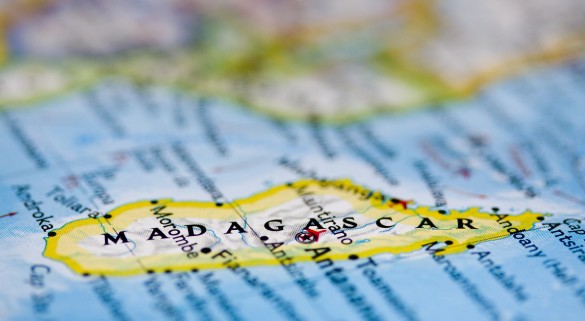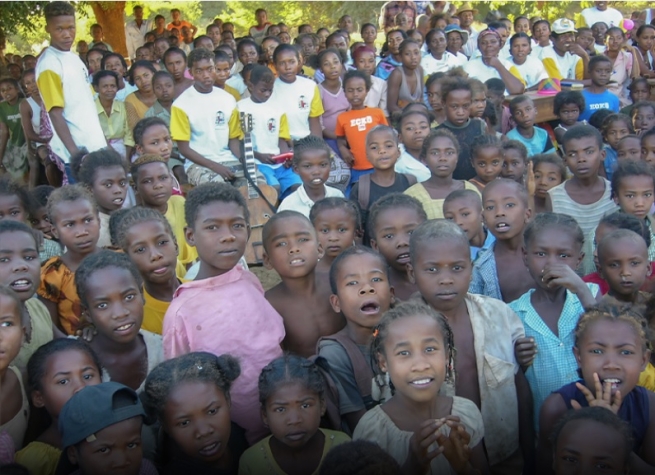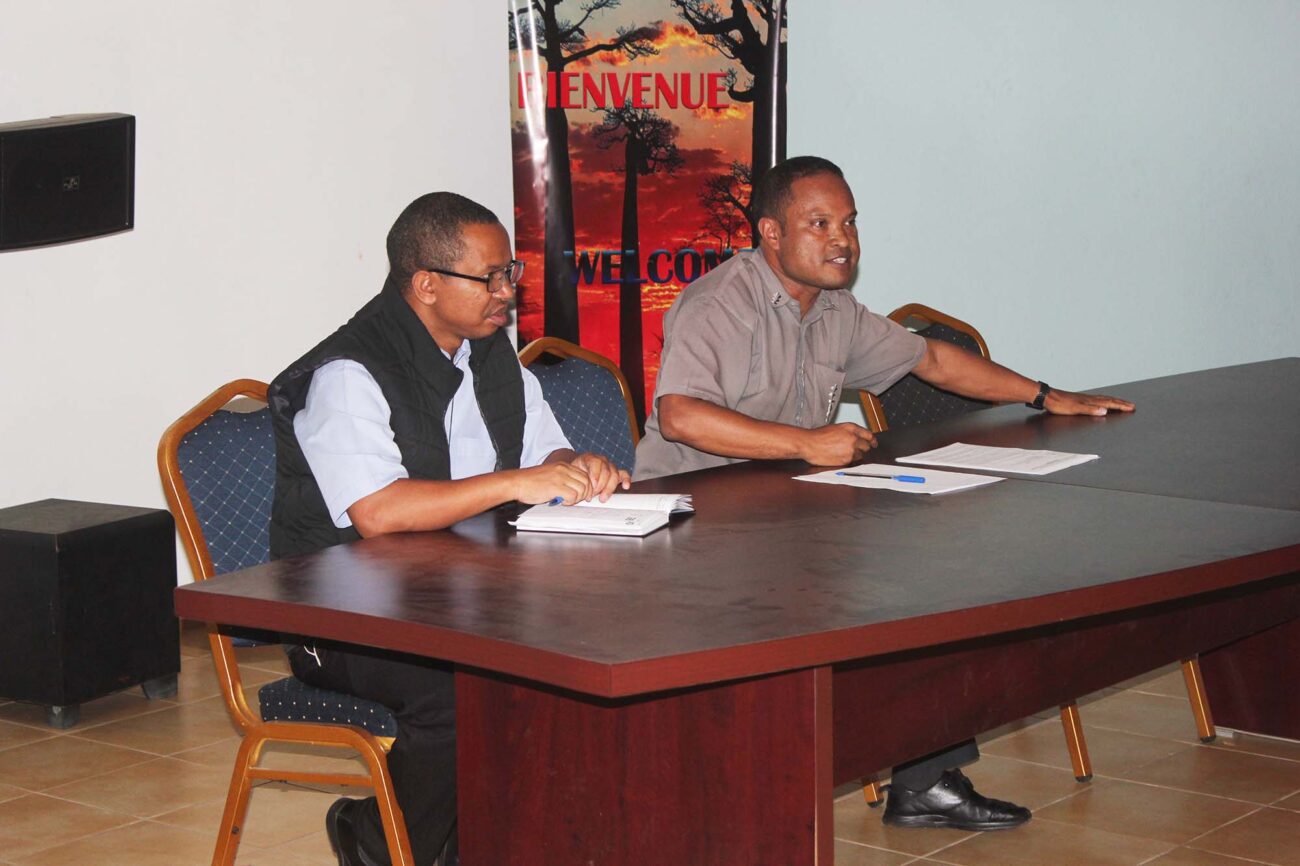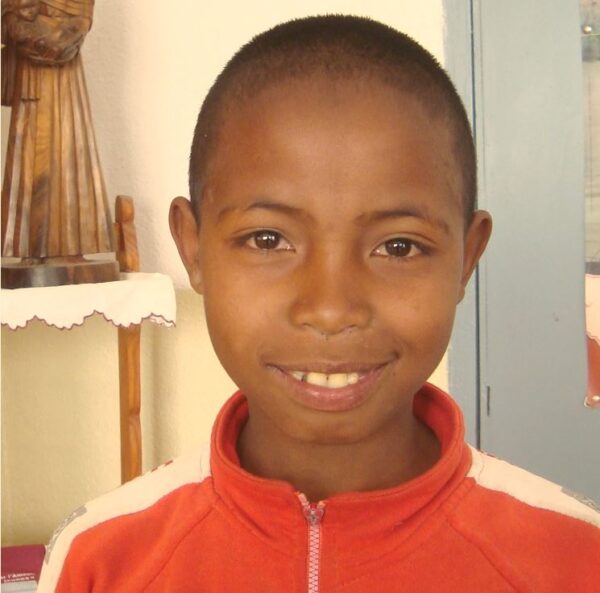MADAGASCAR: Salesian Missionaries Provide Assistance to Those Affected by Flooding from Cyclone Chedza

(MissionNewswire) On January 16, Tropical Cyclone Chedza made landfall in Madagascar bringing wind and intense heavy rainfall leading to flooding that affected many areas of the country including Antananarivo, the capital city. According to the country’s National Disaster Risk Management Office, 35 people were killed and 52,936 people were left homeless in the hardest hit southeast region of the country.
Salesian missionaries already living and working in Madagascar have been responding to the needs of local residents displaced by the flooding. Working in cooperation with Catholic Caritas, the global confederation of Catholic charities which has been providing emergency food, medicine and clothing, Salesian missionaries are continuing to assess damage and address the needs of the youth and their families enrolled in their programs as well as those living in surrounding villages.
While some of the Salesian-run schools in the area have been damaged, the primary focus is on helping those who have been displaced from their homes. Most affected are local farmers whose crops were damaged by the intense flooding. According to missionaries reporting on the ground, corn fields and rice paddies are completely flooded and with crops ruined, many are concerned the region will be affected by a severe famine.
Roads to villages most affected by the cyclone remain impassible and products such as sugar, oil, flour and beans, typically transported in from major cities, are not reaching those in need. Village markets have very little in stock and prices have risen. There is concern that many villages will remain isolated for several months.
“Because Salesian missionaries live within the communities they serve, they are perfectly positioned to respond in times of crisis,” says Father Mark Hyde, executive director of Salesian Missions, the U.S development arm of the Salesians of Don Bosco. “Our programs are helping to provide food, clothing and shelter to those in need and our missionaries will remain through the long recovery process helping many families who will be forced to replant their crops and rebuild their homes.”
Madagascar, an island in the Indian Ocean off the coast of East Africa, is one of the poorest countries in the world. In order to help youth break the cycle of poverty and hopelessness, Salesian missionaries in Madagascar operate elementary, middle and high schools throughout the country. The focus of the schools is on providing educational opportunities, increasing literacy and laying a foundation for students to continue their education well past the compulsory schooling required in the country. Access to education and training in vocational, social and life skills encourages students to go on to find livable wage employment, breaking the cycle of poverty.
Seventy percent of Madagascar’s almost 19 million people live in poverty with 5.7 million of those youth between the ages of 10 and 24 years, according to UNICEF. This number is expected to double by 2025. Due to Madagascar’s poverty, geography and an ongoing political crisis, the country is ranked 143rd out of the 177 countries classified by the human development index of the United Nations Development Program. Women and children in the country are particularly vulnerable to the effects of poverty.
For close to 80 percent of the country’s inhabitants who live in rural areas and practice subsistence farming, living conditions have been steadily declining in recent years, particularly when it comes to access to transportation, health services, education and markets. Because of the lack of hygiene and access to safe drinking water coupled with chronic malnutrition, people in Madagascar often suffer from respiratory ailments, tuberculosis and hepatitis.
Poverty is also exacerbated by a vulnerable geographical location and topography which exposes the country to various natural hazards including tropical cyclones like Cyclone Chedza. According to UNICEF, between 2002 and 2011, Madagascar was hit by a total of 22 cyclones affecting close to 3 million people including an estimated 540,000 children under age five. An ongoing political crisis has resulted in the suspension of most external assistance to the country and has reduced the capacity of authorities to effectively respond to emergencies.
Sources
ANS – Madagascar – After cyclone Chedza
Business Standard – 35 killed by cyclone Chedza in Madagascar
UNICEF – Madagascar




